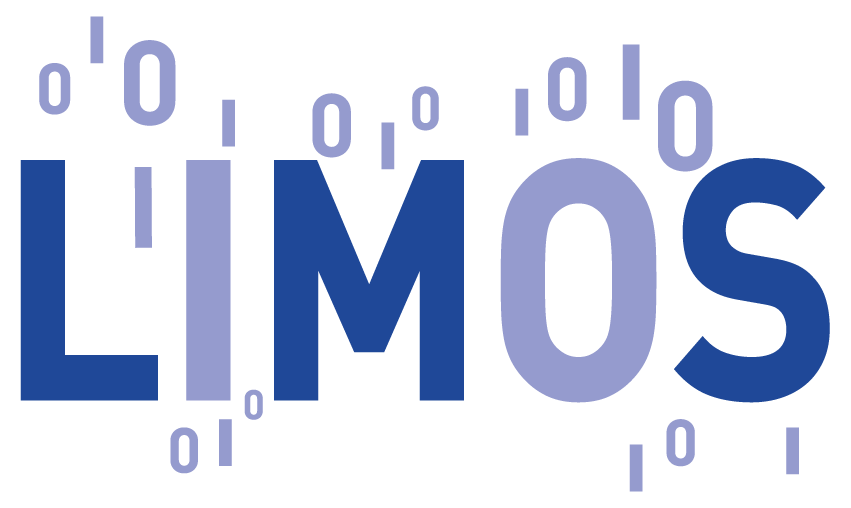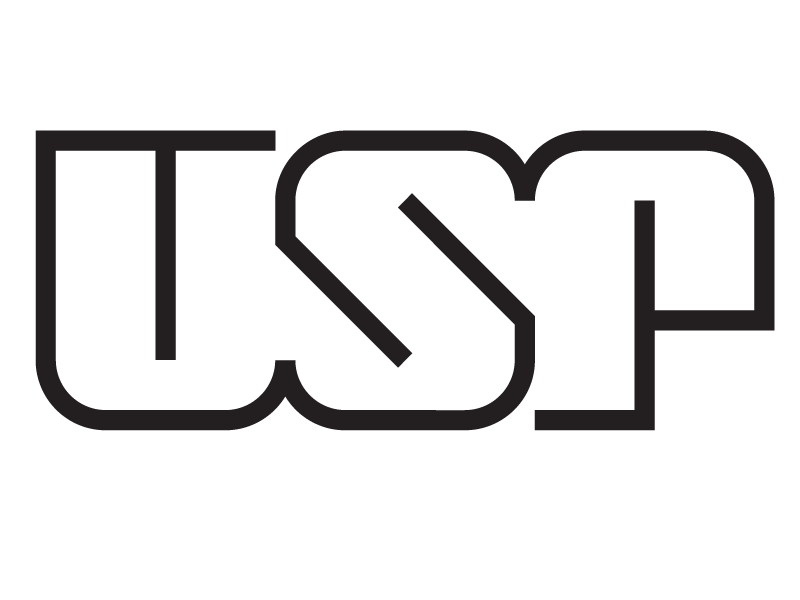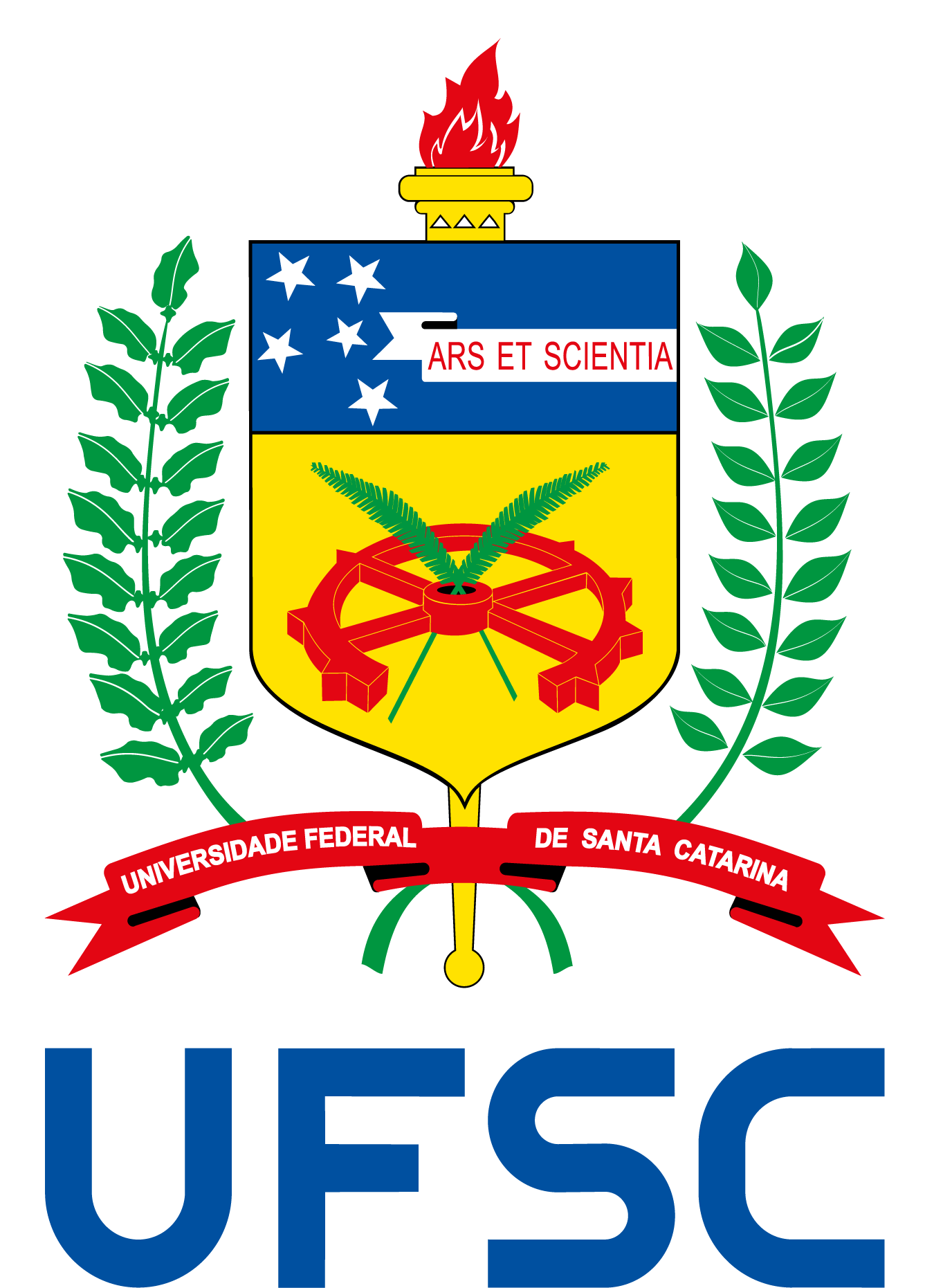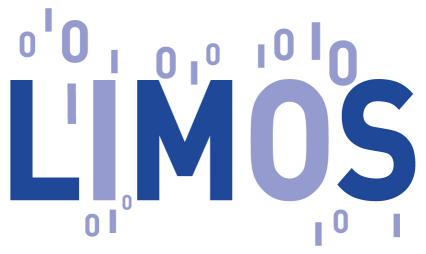NAIMAN: Intelligence artificielle normative pour réguler la fabrication
Responsable LIMOS : NARDIN Luis GustavoCoordinateur : Luis Gustavo NARDIN
Début du projet : 1 mars 2023 - Fin du projet : 28 février 2027
Projet piloté par le LIMOS
URL : https://naiman.wp.imt.fr/
La transformation numérique des industries manufacturières offre un environnement propice à l'adoption de technologies plus autonomes et (auto-)adaptatives, capables de répondre rapidement et avec souplesse aux changements endogènes et exogènes, tout en étant transparentes et en respectant des réglementations durables. Ce cadre industriel manufacturier moderne est organisé en trois couches : (i) couche physique : accès au système physique, (ii) couche de connaissances : informations permettant de gérer et de contrôler les processus industriels, et (iii) couche d'application : environnement permettant d'automatiser ces processus industriels. NAIMAN se concentre sur les deux dernières couches, en supposant que les systèmes physiques hétérogènes de la couche physique sont accessibles via une interface uniforme. Dans cet écosystème complexe, l'automatisation des processus industriels est abordée par l'utilisation d'agents autonomes et intelligents qui interagissent entre eux sur la couche application. Dans la couche de connaissances, nous ciblons les connaissances du domaine représentant les aspects normatifs (c'est-à-dire les normes et les sanctions) qui régissent ces environnements et processus industriels. Les normes représentent le comportement attendu des agents. Nous pensons qu'elles constituent un concept riche et flexible pour la régulation des systèmes manufacturiers. Les sanctions, en tant que réactions à toute violation ou conformité à ces comportements attendus, sont utilisées pour équilibrer l'autonomie des agents et le contrôle du système de fabrication global. La couche de connaissances permet aux agents de raisonner sur les capacités de production ainsi que sur les réglementations pour décider comment et où effectuer leurs tâches de production. La représentation normative explicite et le raisonnement correspondant permettent aux agents à la fois d'adapter l'exécution des processus industriels à des situations et conditions inattendues, et d'exprimer de manière transparente et intelligible leurs décisions à un opérateur humain. L'objectif principal du projet est donc de développer des technologies démontrées sur des plates-formes industrielles qui permettent aux agents de fonctionner dans des environnements industriels hétérogènes et dynamiques et de raisonner sur des aspects normatifs afin d'améliorer la flexibilité, la résilience, la fiabilité et la durabilité des systèmes manufacturiers.
Organismes partenaires :

|

|

|
Financeur : ANR
